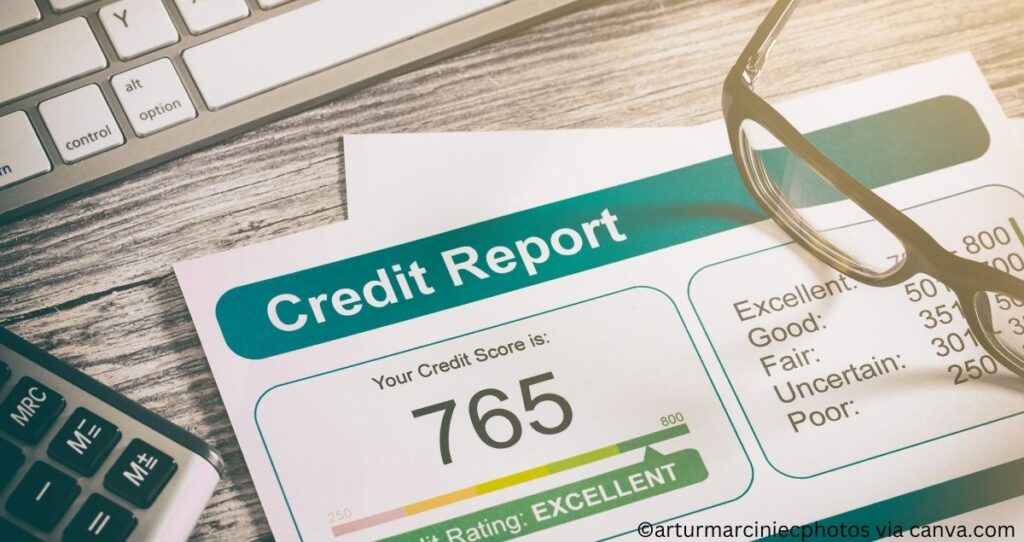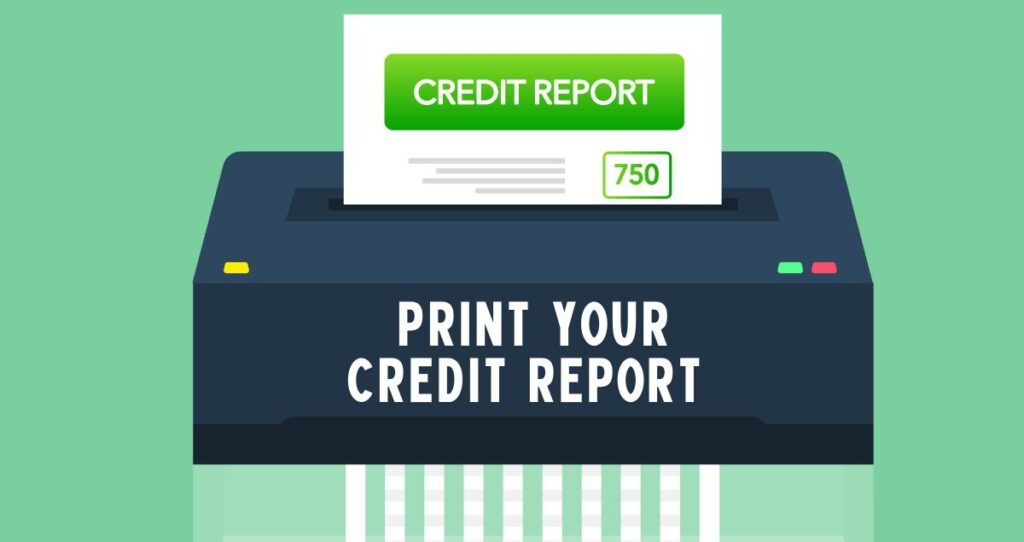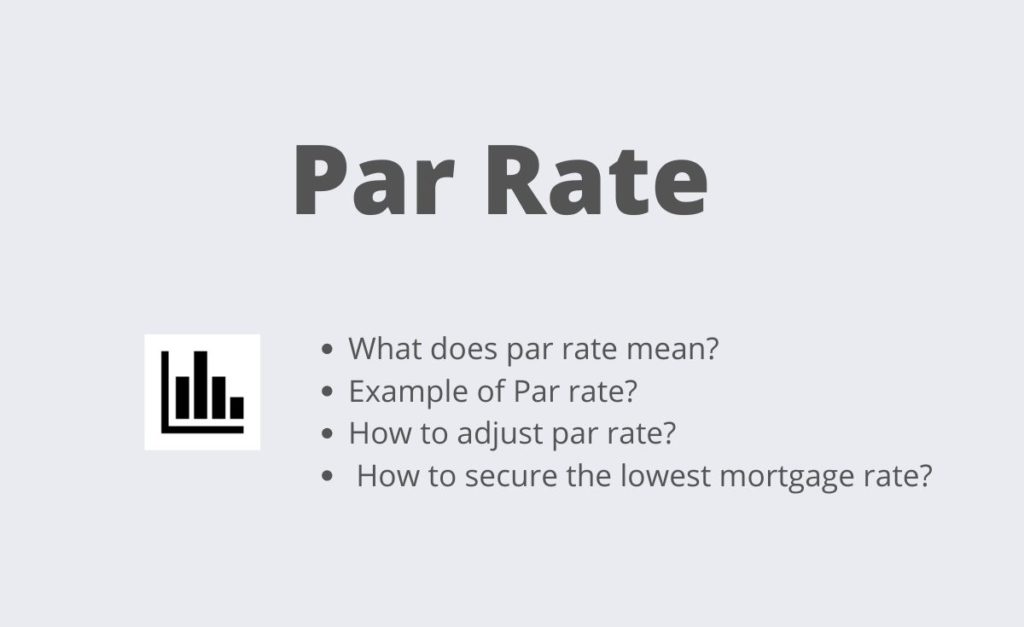Soft inquiries, also known as soft pulls, are checks into your credit report that do not affect your credit score. Companies might use soft inquiries to verify your identity or determine your eligibility for a loan or credit card, but they can also occur when you check your credit. For example, if you received a pre-approval letter offer in the mail for a loan or credit card, you have a soft inquiry on your credit report.
A soft inquiry does not affect your credit score because it is not attached to a credit application. Instead, they appear on your report for reasons other than loan and credit application such as pre-approval credit check, background check, etc.
Here is everything you need to know about soft inquiries and what to do when you have a soft inquiry on your credit report.
Why do I keep getting soft inquiries on my credit report?
Soft inquiries can appear on your credit report for many reasons but the following are common reasons.
- Pre-approval reasons. When a lender or a credit card company checks your credit report to see if you qualify for a pre-approval offer, you get a soft inquiry on your report.
- Insurance reasons. When an insurance company pulls your credit for underwriting, a soft inquiry appears on your credit reports.
- Background checks. When a landlord pulls your report during tenant screening or an employer pulls your report before hiring you, a soft inquiry appears on your credit report.
- Self-pulls. Pulling your credit report results in a soft inquiry on your report.
How do soft inquiries work?
Lenders and many businesses check your credit to evaluate if you qualify for a pre-approval offer. For example, a credit card company can pull your credit and send you a pre-approval offer if you meet their requirements for that specific credit card. An employer can also pull your credit as part of the hiring process before you are offered a job.
All these activities result in a soft inquiry on your credit report.
Since none of these activities are intended for a loan application or financial needs, soft inquiries do not affect your credit score. You can have many soft pulls on your credit reports without impact on your credit score. Unlike hard inquiries that lower your credit score and are visible to everyone who checks your credit report, soft inquiries are only visible to you. For this reason, potential lenders will not see soft inquiries when you apply for a loan.
Does a soft inquiry hurt your credit score?
No. Soft inquiries do not harm your credit score. Only hard inquiries lower your credit score as they appear on your credit report when you apply for credit. So, if you notice an unexpected drop in your credit score, it might be due to hard pulls or other reasons such as late payment, increased credit utilization, etc. rather than soft inquiries.
What hurt your credit score? learn more: 6 factors that affect your credit score
Do I need to remove a soft inquiry from my credit report?
Generally, you do not need to remove soft inquiries from your credit report, as they do not impact your score and most lenders don’t consider them when reviewing your credit or assessing your loan application. Once you have soft inquiries on your credit report, they will automatically fall off after two years.
How can I remove soft inquiries from my credit report?
Do you have a soft inquiry you want removed from your credit report? If you do, removing them is easy. To delete a soft inquiry from your credit report, submit an inquiry removal letter to the major credit bureau that reported it. You can also send the same letter to the lender that submitted the inquiry to credit reporting agencies.
Why do I have random soft inquiries on my credit report?
Random soft inquiries might appear on your credit report from companies trying to pre-approve you for their products, and companies verifying your identity through background checks. They could also come from you checking your credit.
You might also like: How to Clean up your credit report fast?
What is the difference between a hard inquiry and a soft inquiry?
As for the difference between hard and soft inquiries, a hard inquiry occurs when a lender reviews your credit because you’ve applied for credit with them. This could be in the form of a mortgage, auto loan, or credit card. Hard pulls can slightly lower your credit score and stay on your credit report for two years. On average, a hard inquiry lowers your credit score by 5 to 6 points.
Soft inquiries, on the other hand, do not affect your credit score and happen for reasons other than financial needs such as when companies check your credit as part of a pre-approval process. Only you can see soft inquiries and they can stay on your credit report for 2 years.
Does your credit score go up after a soft inquiry falls off?
No. Your credit score does not go up when a soft inquiry falls off your credit report as soft inquiries do not affect your credit score. Additionally, soft inquiries are not visible to potential lenders such as credit card issuers, mortgage lenders, and other loan companies.
You might also like: How to get an 800 credit score fast?
Is Credit Karma’s credit score accurate?
The credit score you get from Credit Karma is generally an accurate estimate of your credit score. However, Credit Karma uses a different scoring model (VantageScore model) instead of the FICO model that most lenders prefer.
So, the score on Credit Karma could be slightly different than what a potential lender might see. But, it’s still a useful tool for getting a general understanding of your credit health.
How do I know if I have a soft inquiry on my credit report?
You can check if you have a soft inquiry on your credit reports by obtaining a copy of your report from the three major credit reporting bureaus: Experian, Equifax, and TransUnion. Per the Fair Credit Reporting Act, you are entitled to one free report from each bureau every 12 months. You can request these reports through AnnualCreditReport.com.
Once you have your credit reports, you can review them for any inquiries. According to Investopedia, these are typically listed in a specific section of the report either under the “soft inquiries” section or “inquiries that do not affect your credit rating” section.
How does hard inquiry affect credit score?
A hard inquiry appears on your credit report when a lending company such as a bank or credit card company checks your credit as part of the lending decision. This usually happens when you apply for a credit card, mortgage, or loan.
When a lender conducts a hard inquiry, it indicates that you want to take on more credit. This can suggest to potential lenders that you may be experiencing financial hardships or planning a spending spree which can increase your level of risk from a lender’s perspective.
On average, each hard inquiry lowers your credit score by 5 to 6 points. However, the exact points your credit score drops due to hard inquiries depends on your credit profile. For example, if you have a short credit history, a hard inquiry could have more impact on your credit score. Multiple hard inquiries in a short period can also lead to more significant credit score drops.
Each hard inquiry stays on your credit reports for 2 years but only affects your credit score for 12 months. If your credit score drops due to a hard inquiry you do not recognize, dispute it to major credit bureaus as soon as possible.
More credit tips
How to get a personal loan in 8 steps









